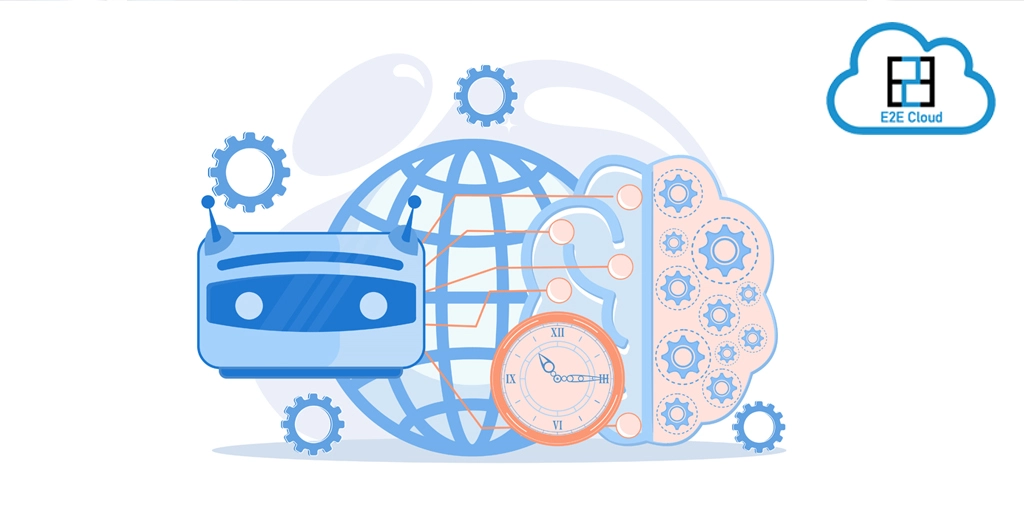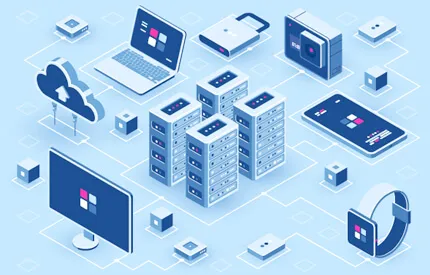Introduction
A data analyst interview throws light on the core of every statistical analysis for any company. strategic algorithms used by businesses are built on data management. Over the years, data analytics and data manipulation have grown in popularity, and as a result, so has people's enthusiasm for data analysis. While there may be disagreements over the job description of a data analyst, they are ultimately in charge of carrying out any statistical analyses required to support business strategy.
What does a data analyst do, you would like to ask? A data analyst may be required to undertake a variety of tasks outside of statistical analysis, depending on the firm. The business determines how the function is specialized. A data analyst from a software firm, for example, might do tasks that differ from those of a data analyst from a finance organization.
The data analytics domain has been growing exponentially, it can be a daunting task to hire the right data analytics candidate among a pool of applicants.
Let’s take a look at how data analysts are hired today in order to maximize a firm’s effectiveness and productivity.
Table of contents:
- What is data analysis and why hire a data analyst?
- Who is a data analyst and what are the types of data analysts?
- What is the hiring process to hire a data analyst?
- What are the job responsibilities and skill requirements for data analysts?
- Where to find data analysts?
- How to Interview a data analyst candidate?
1) What is data analysis and why hire a data analyst?
The process of cleaning, processing, and modeling data in order to produce the finest strategic insights and planning that will successfully propel business growth is known as data analysis. The primary goal of data analysis is the statistical extraction of valuable data for decision-making.
A data analyst can help your business by:
- cleaning and extracting data from a database to prepare it
- Helping with projections and forecasts
- Using data visualization tools to build dashboards for communicating to non-tech staff members
- A data analyst can help to analyze complex unstructured data like text and derive statistical insights from it.
2) Who is a data analyst and what are the types of data analysts?
A data analyst processes each dataset and builds business strategies based on the information at hand. In order to ensure that nothing is lost when processing the data, the analyst must stay on top of every tiny aspect of the business.
What are the types of data analysts?
- BI analyst: analyzes historical data in order to find industry trends and business opportunities
- Data analyst: Cleans, analyzes, transforms, and models data to support business decision-making.
- Data scientist: Data scientists use data to create models that can forecast the future and are frequently seen as more experienced than data analysts.
3) What is the hiring process to hire a data analyst?
Much study goes into what companies want in a data analyst, just like it does for all other corporate positions. To hire the most qualified data analyst, hiring managers must follow a precise hiring procedure. The steps are as below:
- Screening
- Assessment
- Interview
- Selection
4) What are the job responsibilities and skill requirements for data analysts?
The data analyst has to be the “gatekeeper” of all the data that comes in and goes out in the business. He has a specific set of responsibilities that need to be performed when required.
This is a list of all the typical responsibilities that a data analyst performs.
- Design and maintain data systems and databases; which may include fixing minor coding errors, determining root causes of problems, etc.
- Mine data from sources, followed by reorganizing the accrued data in a readable format.
- Use statistical tools to interpret data sets that follow the newest trends and patterns valuable for predictive analysis.
- Develop an acceptable methodology for triage and scheduling of projects.
- Prepare reports trends, patterns, and predictions using relevant data.
- Collaborate with programmers, engineers, and organizational leaders to recognize points of improvement, recommend system modifications, if required, and develop policies for proper data management.
- Create, duplicate, or replicate the data process for stakeholders to understand the steps of the data analysis process.
Skills to look in data analysts?
- Python/R
- SQL and databases
- Data visualization
- MS Excel
- Algebra and statistical methods
- Machine learning
- Communication skill
- Critical thinking
5) Where to find data analysts?
- Ask for referrals:
Inquire with your existing team to see if they can refer any data analysts they've worked with. Check with your network of contacts to see if any of your friends, relatives, coworkers, or other knowledgeable professionals can recommend someone for the position.
- Recruit at nearby college:
Attend job fairs and distribute flyers on the campuses of nearby colleges to draw in graduates with pertinent degrees.
- Post job on the online portal:
Post on job portals like Linkedin, Glassdoor, Anglelist, and many other relevant job portals.
6) How to Interview a data analyst candidate?
After screening and assessment of the prospective candidates, you have to take the interview in order to select the right candidate for your company
Right and skilled candidates must be able to answer questions about:
- Python
- SQL
- Statistics
- Business case solution
- Data analyst process
According to extensive study, these are some of the questions you should ask as an interviewer
- What are the various steps in an analytics project?
- What is data cleansing?
- List out some of the best practices for data cleaning
- What is logistic regression?
- What is the difference between data mining and data profiling?
- List out some common problems faced by data analysts.
References:
[1] https://www.indeed.com/hire/how-to-hire/data-analyst
[2] https://glider.ai/articles/guide-to-hiring-a-data-analyst/
.png)









